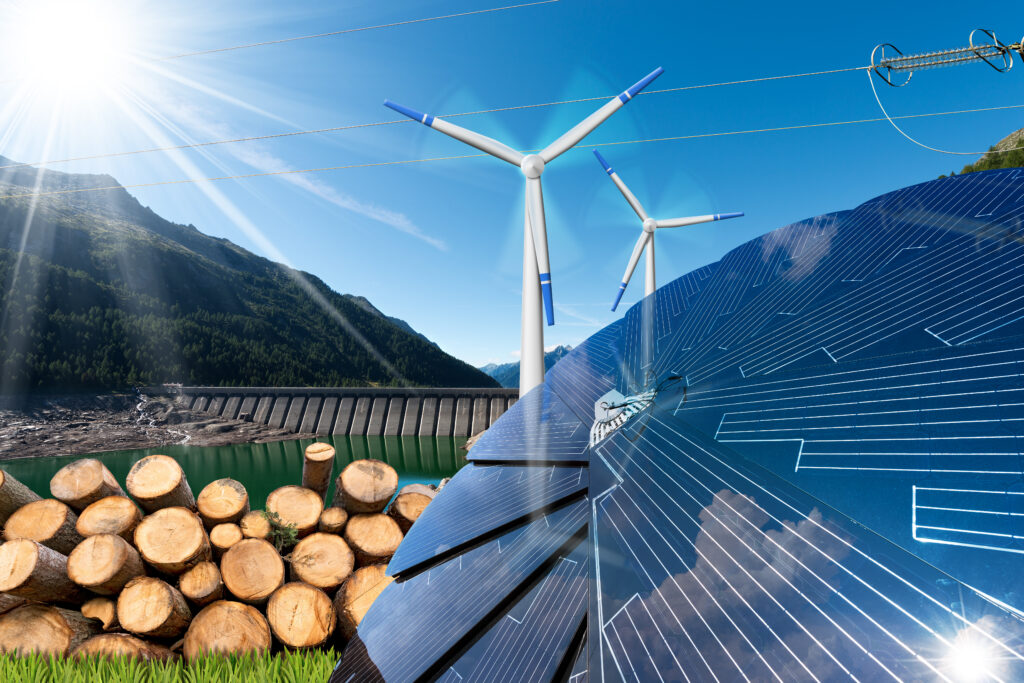Spis treści
The self-amendment to the government’s draft amendment to the energy law introduces a new way of calculating the amounts that green energy producers will pay for its sale. The regulations introduced last autumn are aimed at limiting excessive profits from the sale of electricity and transferring, through the Price Difference Payment Fund, the reduction of energy prices for consumers as compensation. This was intended to alleviate the effects of the energy crisis. Producers with installations up to 1 MW are excluded, but one producer may have up to three such units, demonstration projects, biogas plants and energy sold in auction contracts.
Even though energy prices have already fallen, the government is not giving up and is improving the regulations, which will hit the market for guarantees of origin for green energy.
Match tickets with a scarf
Guarantees of origin are a voluntary instrument that provides an additional, small source of income to producers – in April, the weighted average price of guarantees on the Polish Power Exchange was approximately PLN 11/MWh. According to the new formula for calculating the contribution to the Fund, 97 percent revenues obtained from the sale of guarantees of origin for green energy will be transferred to the write-off. In practice, investors would have pennies left in their pockets. According to renewable energy producers, with such a low revenue, it will not be profitable for green energy producers to apply for a guarantee, because the cost of the work involved in this procedure will be higher. Only those with large energy volumes and participants of already concluded long-term energy sales contracts linked to guarantees of origin will remain on the market. With a limited supply of these guarantees in Poland, international companies will turn to obtain such certificates abroad.
The guarantee of origin system is of great importance for measuring and reporting by energy consumers, and in particular by the industry, the share of renewable energy in the volume of electricity consumed. Unfortunately, this system is no longer existing before our eyes. Producers will not sell or will not apply for a guarantee of origin at all, because it is no longer profitable for them. In addition to the paralysis of the guarantees of origin system, which are the only document certifying the origin of a given volume of energy from renewable energy sources, there will also be a paralysis of the compensation system for energy-intensive entities, which is largely based on the obligation for these entities to purchase and redeem guarantees – says the Renewable Energy Association.
The Lewiatan Confederation and the Polish Wind Energy Association also point to disastrous consequences for the market.
The Ministry of Climate, which proposed the self-amendment, denies these allegations. At a meeting of the Parliamentary Energy and Assets Committee, Deputy Minister of Climate Anna Łukaszewska-Trzeciakowska explained that guarantees of origin are used by renewable energy producers to circumvent the surcharge regulations and compared them to the resale of match tickets. – You are not allowed to sell tickets, so you give the ticket away for free, but you also sell a very expensive scarf – she told MPs. To the allegations of PWEA and SEO, the minister replied that the guarantee market would do well, only prices would fall. She added that the energy-intensive industry drew the ministry’s attention to the rising warranty prices. The deputy minister did not reveal who exactly, because – as she said – “she is not authorized to do so.”
Industry under warranty?
The lead may be good, because the energy-intensive industry is indeed the main buyer of guarantees of origin, and this year the demand for them may be even greater. New regulations on compensation for energy-intensive industries in connection with the costs of CO2 emission allowances come into force. One of the conditions for obtaining compensation is to demonstrate the purchase of green energy, e.g. in the form of a guarantee of origin. This is relatively simple, the other two mechanisms – investments in renewable energy or energy efficiency – are more difficult. Hence the possible interest of the energy-intensive industry in keeping warranty prices as low as possible.
Industry organizations find it equally problematic to modify the formula for calculating the Fund’s deduction in the scope of financial instruments, which affects PPA contracts. 97 percent tax. “income from contracts related to the sale of electricity including financial instruments” will be covered. PWEA emphasizes that the result of contract settlement should be subject to a write-off for the Fund. The Ministry of Climate explains that the new rules only serve to “clarify” the regulations.
PPA contracts are becoming an increasingly popular mechanism for the industry to secure energy prices, especially in the face of price fluctuations on the market and growing uncertainty about what will happen next year.












